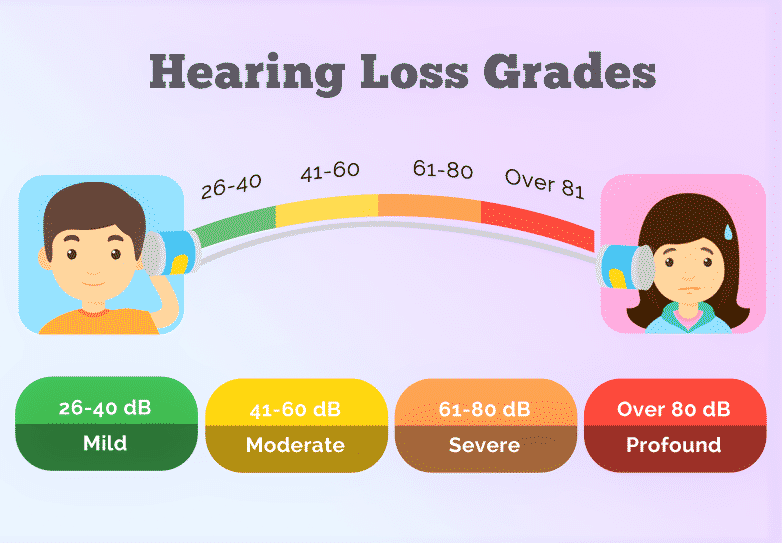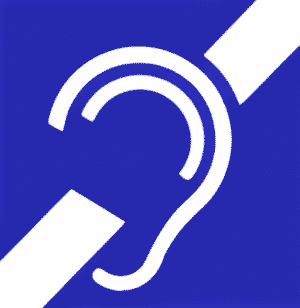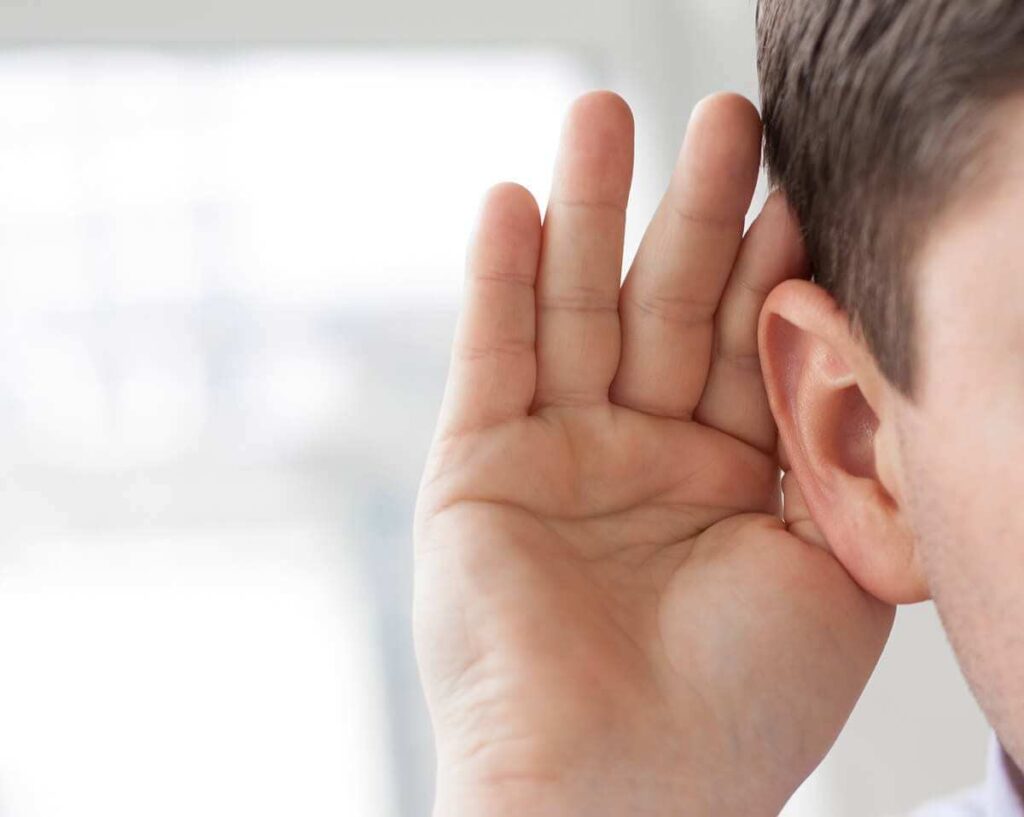Hearing is one of the five critical senses which make every creature able to perceive sounds and noises. Losing part or all of hearing ability is called hearing impairment or deafness. The severity of hearing impairment is categorized from the minimum sound that can be heard to the higher or louder sounds.
Degrees of hearing impairment or hearing loss
Clinically, there are four degrees of hearing loss:
- Mild: hearing some speech sounds, having difficulty with soft sounds
- Moderate: struggling to hear/understand speech when someone is talking at an average level.
- Severe: hearing little-to-no speech when someone is speaking at normal levels. Hearing only some loud sounds.
- Profound: only hearing loud noises and no speech at all.

causes
Hearing impairment has two causes: congenital or acquired.
Congenital hearing impairment causes
The hereditary or non-hereditary genetic causes of certain complications during pregnancy and childbirth lead to hearing loss present after birth.
- Infections during pregnancy like mental rubella, syphilis, etc.
- Low birth weight
- Birth asphyxia
- Using inappropriate drugs during the pregnancy
Acquired hearing impairment causes
These causes may lead to hearing impairment at any age.
- chronic ear infections
- infectious diseases including meningitis, measles, and mumps
- head or ear injuries
- excessive noises like explosion or machinery noises
- using personal audio devices like headphones in high volume
- aging
- the wax of foreign bodies blocking the ear canal
Types
- Conductive hearing loss: When hearing impairment is due to problems in the outer ear, middle ear, ear canal, eardrum, or the ossicles, which are the tiny bones in the middle of the ear.
- Sensorineural hearing loss: It occurs when there is damage to either the auditory nerve or the cochlea, which is the inner ear.
- Mixed hearing loss: When there is damage to the inner ear or both damage to the outer or middle ear.
- Central hearing loss: Problems within the brain that interfere with the ability to understand sounds and noises. This one is the hardest type of hearing impairment to treat.
- Functional hearing loss: It occurs when the functioning of the ear is normal, but the person shows a reduced response or not responding at all to the sounds.
Impact of hearing impairment on social life
Hearing impairment has some exclusion from communication for the person, which can have a significant impact on everyday life. It can cause feelings of isolation, frustration, or loneliness for many people with hearing-impaired. Many people choose a regular and routine life when they have a physical impairment. However, some people try to empower physical impairment and make an athlete in many fields of their lives. Some of them become a great writer, some others become great superstar, some of them become a great barista, and some become great sportsmen and sportswomen.
There are many sports that people with hearing impairment can play and enjoy their life, such as:
Swimming, running, tennis, golf, cricket, basketball, chess, Alpine Skiing, Petanque, Badminton, Gymnastics, Beach volleyball, Diving, Futsal, Ice Hockey, Karate, Judo, Mountain Bike, Sailing, Crolf, Shooting, Snowboard, Soccer, Tennis, Wrestling, and many other sports.





